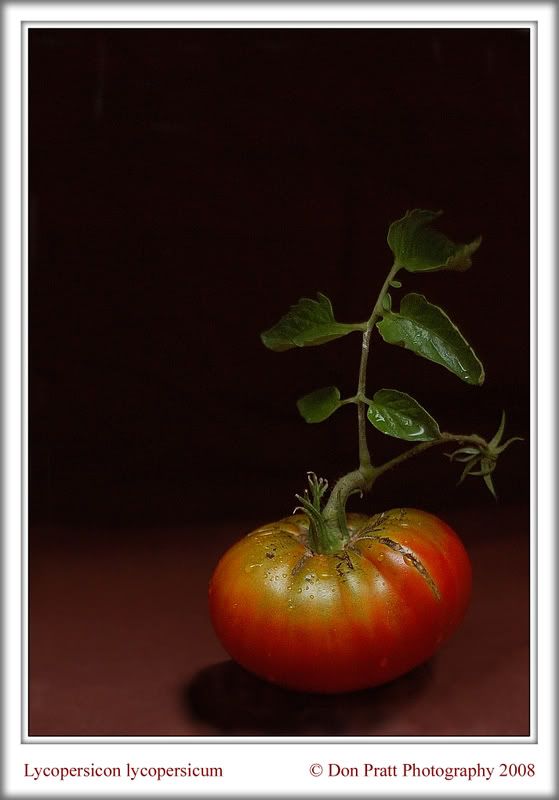It’s one of my favorite English words. I like the way it sounds, the way my mouth has to shape itself to say it, and what it means once it’s let loose from my lips.
Harbinger: an indicator of what’s coming.
When I was living in Texas, I remember some of the old ranchers telling me you could tell a storm was coming when the cattle laid down in the field. Of course, Texas is so flat you could see the storm coming for a couple hundred miles with or without any bovine bedding down, but it was still a fun fact to know and tell. The other ominous Texas tip I remember from grade school was the weird gray-green silence of the sky that served as a tornado warning and sent us out into the hallway of Hubbard Heights Elementary School to crouch headfirst against the thick stone walls.
Not all harbingers are hints of harm. I’ve watched over the past weeks as the tiny little dogwood we planted last fall burst with pink blooms and the giant, century old pin oak that towers over it began to sprout leaves again, both foreshadowing spring. Each day of life, it seems, holds some sort of harbinger of what the days to follow might hold, though many of the hints – on a more existential level, anyway – are not much more than, “Things are going to change.” Life’s directions are seldom any more specific than these seasonally recurring statements of the obvious. What makes it worth stepping into, I suppose, it taking time to look back and see where the other directional signals have taken us, through both the crunchy and the sweet, giving us the eyes and ears to look and listen and then move on. Because, even if we stay in the same place for years, we are always moving.
I’m off work today and have taken time to read and write, since both have eluded me most of the week. I’m deep into Elizabeth Gilbert’s Eat, Pray, Love (which is knocking me out) and her account of her time living in Italy, going through changes of her own. In one passage, she writes about the Augusteum, a structure built by Ocatavian to be an elaborate mausoleum for his remains, but then spent the following centuries as a ruin, a fortress, a vineyard, a Renaissance garden, a bullring, a fireworks depository, a concert hall, and now an empty place waiting to be occupied again. She writes:
I find the endurance of the Augusteum so reassuring, that this structure has had such an erratic career, yet always adjusted to the particular wildness of the times. To me, the Augusteum is like a person who’s led a totally crazy life . . . yet who has managed to hold an intact sense of herself throughout every upheaval.
I look at the Augusteum, and I think that perhaps my life has not actually been so chaotic, after all. It is merely this world that is chaotic, bringing changes to us al that nobody could have anticipated. The Augusteum warns me not to get too attached to any obsolete ideas about who I am, what I represent, whom I belong to, or what function I may once have intended to serve. Yesterday, I might have been a glorious monument to somebody, true enough – but tomorrow I could be a fireworks depository. Even in the Eternal City, says the silent Augusteum, one must always be prepared for riotous and endless waves of transformation. (75)
Durham is a city that knows a thing or two about transformation. I’m sitting in Parker and Otis, a wonderful café/grocery store/wine shop/coffee shop that inhabits a building that was once a tobacco warehouse of some sort, going back to the days when Durham was Tobacco Central. Now the room fills with people eating awesome pimento cheese sandwiches in a room where no one can smoke. Our whole neighborhood is filled with buildings that used to be something else – tobacco warehouses, cotton mills, ice houses – now thriving in an incarnation no one could have forseen, yet the town has worked hard to ride into a new sense of itself. Like the Augusteum, some of the warehouses spent years as empty eyesores, yet the city found a way to do something with what once was besides letting it be an epitaph. Chances are, in another fifty years (twenty-five?), no one will be sitting in this room drinking coffee or perusing pinot noirs, but, then again, who knows?
The room and my reading are both metaphor for what I feel storming up in me these days. The cows of my mind and heart are starting to lay down (actually, I think I have a herd of hippos in my mind, but they are laying down, too), not for the kind of storm that wrecks and destroys as much as one of those great Dixie storms that blows up in the afternoon and clears the air of the dust and pollen that keep us all cloggled up. Maybe it’s that, almost eighteen months into our new life here, I’m beginning to see possibilities. Maybe it’s that, in the same time period, my depression has lost its foot hold (choke hold?) on me. Maybe it’s just another wave of life crashing in. Whatever it is, what I feel most is me figuring out how to become more, well, me. And that feels like good news: a harbinger of hope.
Peace,
Milton
P. S. — After far too long an absence, there’s a new recipe.




